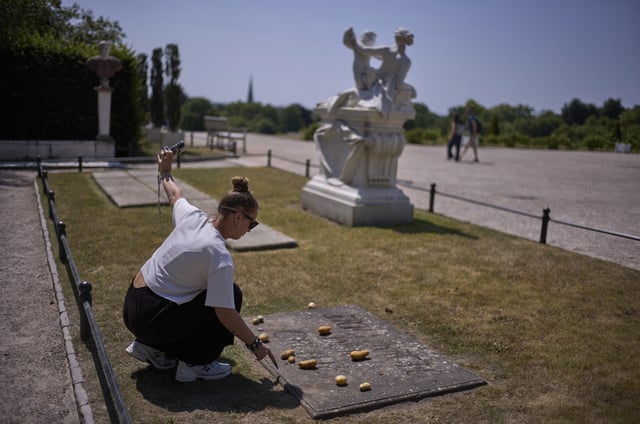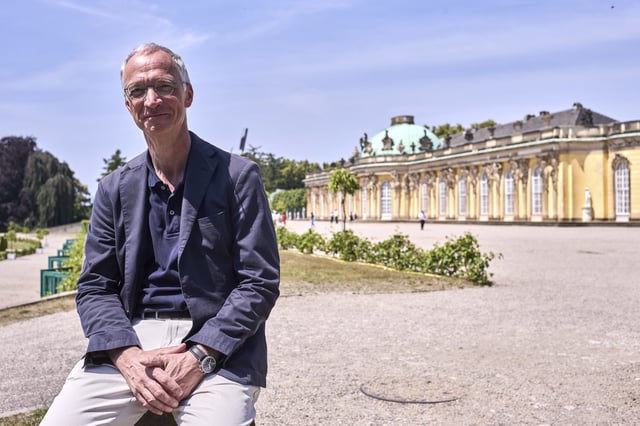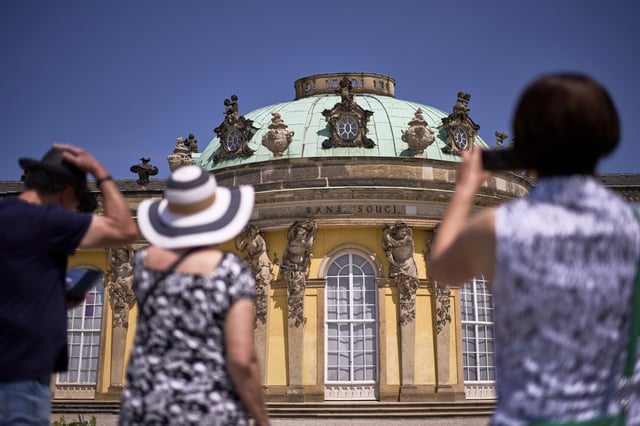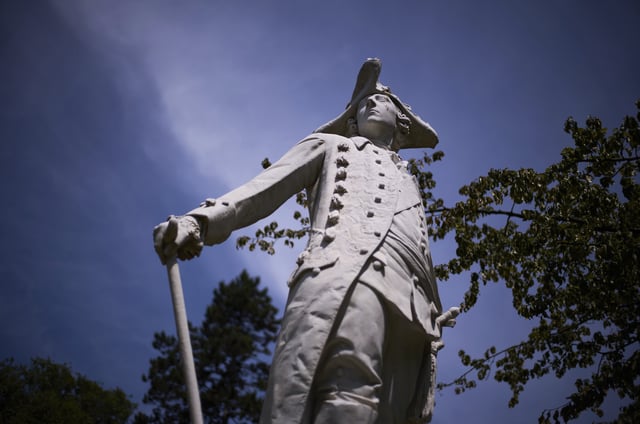Overview
- Luh’s analysis of royal menus and archives demonstrates that Frederick II never staged a guarded potato plot and never ate the tuber himself
- Historical documents confirm potatoes were grown in Bavaria since 1647 and introduced to Brandenburg as an ornamental plant in the 1650s
- Frederick II’s decrees promoting potato cultivation went largely ignored and the crop did not achieve widespread cultivation until after the Napoleonic Wars in 1815
- The enduring myth continues to draw tourists to Sanssouci Palace where visitors leave potatoes at the king’s tomb and gift shops sell potato-themed souvenirs
- Potatoes today are deeply woven into German cultural identity and cuisine, from regional dishes to annual harvest celebrations



